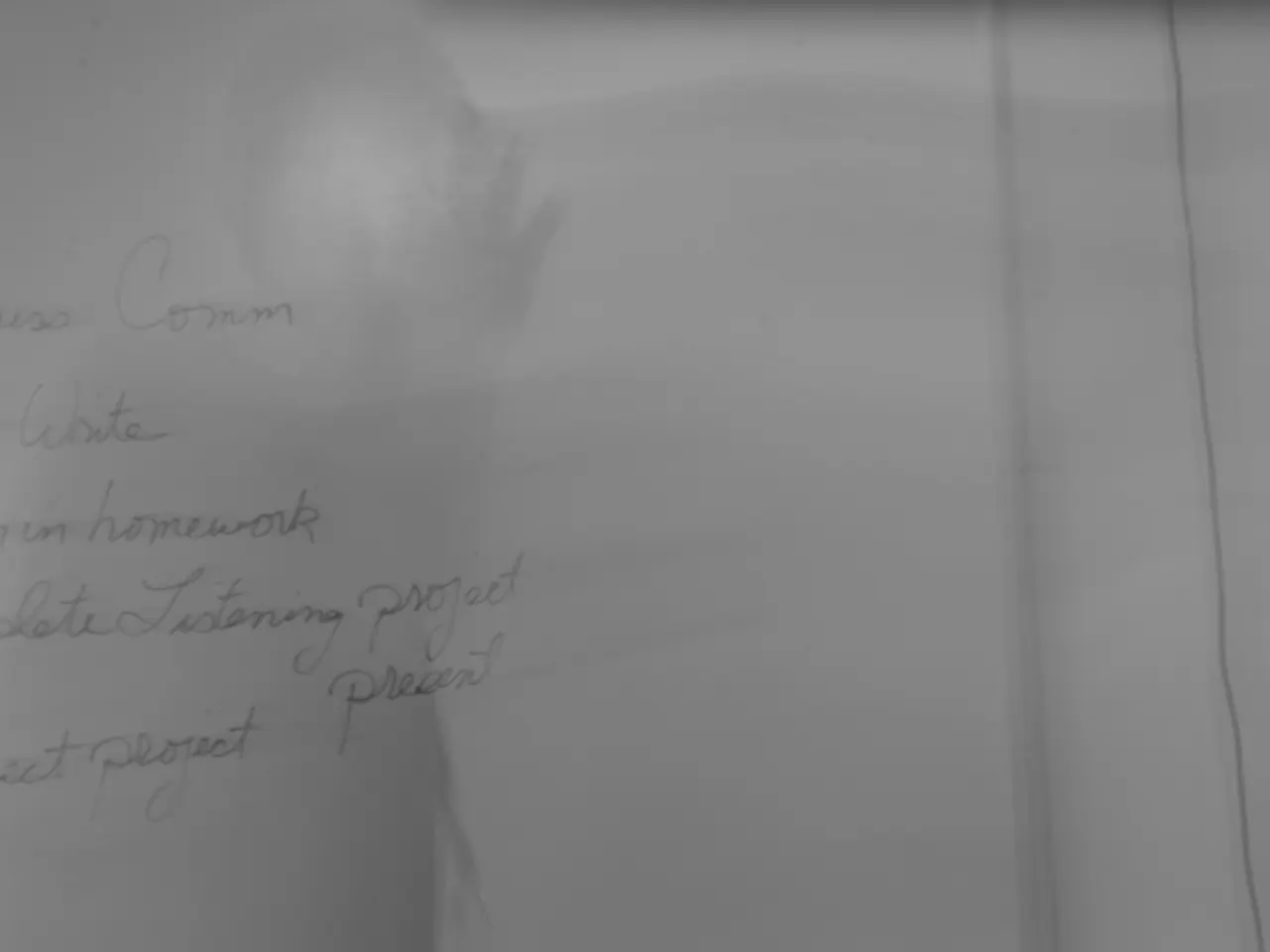Fed Governor Miran asserts that U.S. tariffs are not responsible for triggering inflation
In a surprising turn of events at this week's Federal Reserve (Fed) meeting, new board member Stephen Miran found himself in the minority with his proposal for a 0.5 percentage point interest rate cut. This position contrasts the widely held view that a labor shortage can lead to increased production costs and prices for food and services.
Miran, however, proposes an unconventional approach to addressing inflation. He suggests addressing the inflation caused by immigration by closing the US border and encouraging migrants to leave the country. According to Miran, an influx of millions of new immigrants in a short period can lead to increased housing prices.
In a move that further solidified his controversial stance, Miran also cited immigration policy as a potential driver of inflation in the US. This assertion contradicts the general belief that Trump's tariffs on imports are the primary cause of inflation in the US, as they increase the costs of imported products.
Trump, in recent months, has consistently claimed that tariffs do not increase inflation. However, Fed Chair Jerome Powell made it clear that higher tariffs have driven up prices in some sectors. The effects of tariffs, according to Powell, are not very large but could potentially be just a one-time boost.
The uncertainty caused by Trump's erratic trade policy is causing global uncertainty, as companies do not know how much they can import into the US under what conditions. This uncertainty can potentially reduce the availability of certain products and drive up prices in the event of high demand.
Exporters can pass on these increased costs to their customers and ultimately to consumers. The full extent of the impact of tariffs on inflation is not yet clear, but economist Takatoshi Ito from Columbia University suggests a relationship between Trump's US tariff policy and inflation. Ito notes that the high tariffs will force the Federal Reserve to raise interest rates, leading to a stronger dollar, lower exports, and higher imports.
Despite the criticism, Miran maintains his independent economic analysis at the Fed. His unique perspective, while controversial, contributes to the diverse discussions that shape the Fed's decisions. The Fed had previously reduced the key interest rate by 0.25 percentage points, but the future of interest rates remains uncertain with Miran's unorthodox views.
Read also:
- chaos unveiled on Clowning Street: week 63's antics from 'Two-Tier Keir' and his chaotic Labour Circus
- Skechers Debuts First American Stores Focused on Athletic Footwear Performance
- Budget discrepancy jeopardizes highway projects' financial support
- Racing ahead in Renewable Energy Dominance: Changzhou, Jiangsu Pushes for Worldwide Renewable Energy Ascendancy




